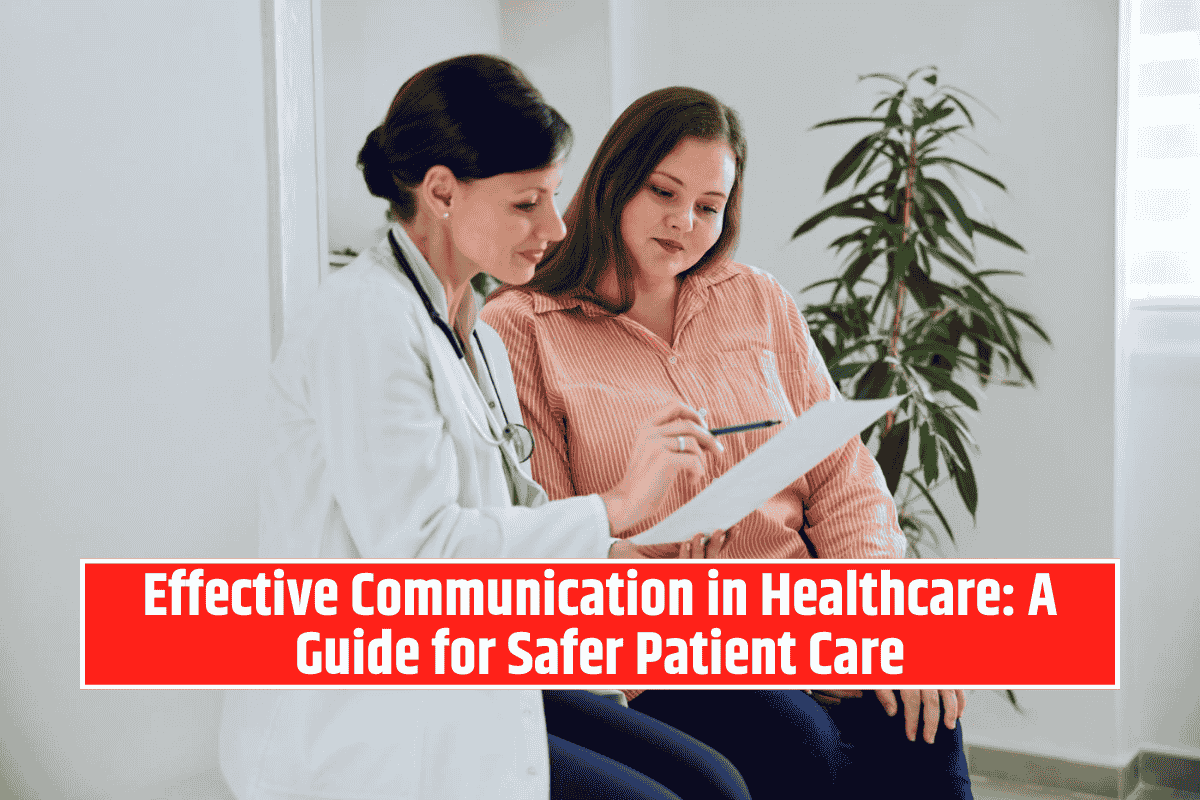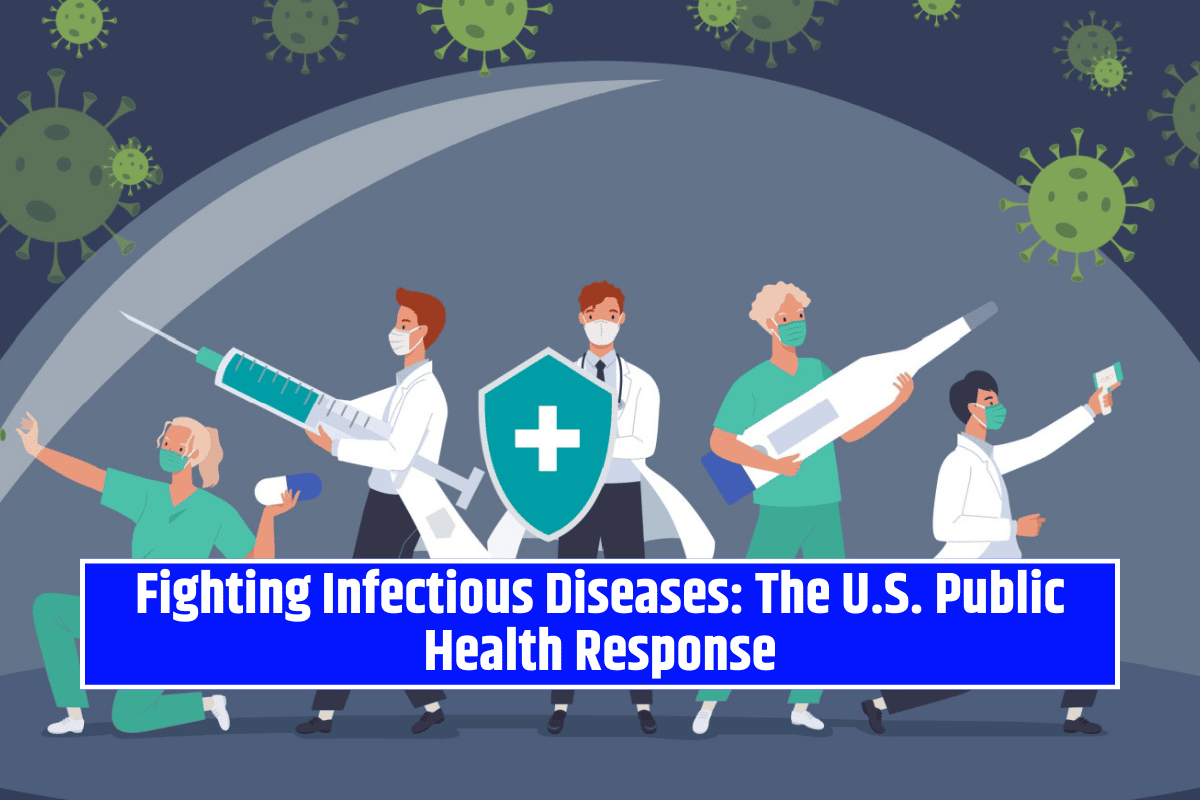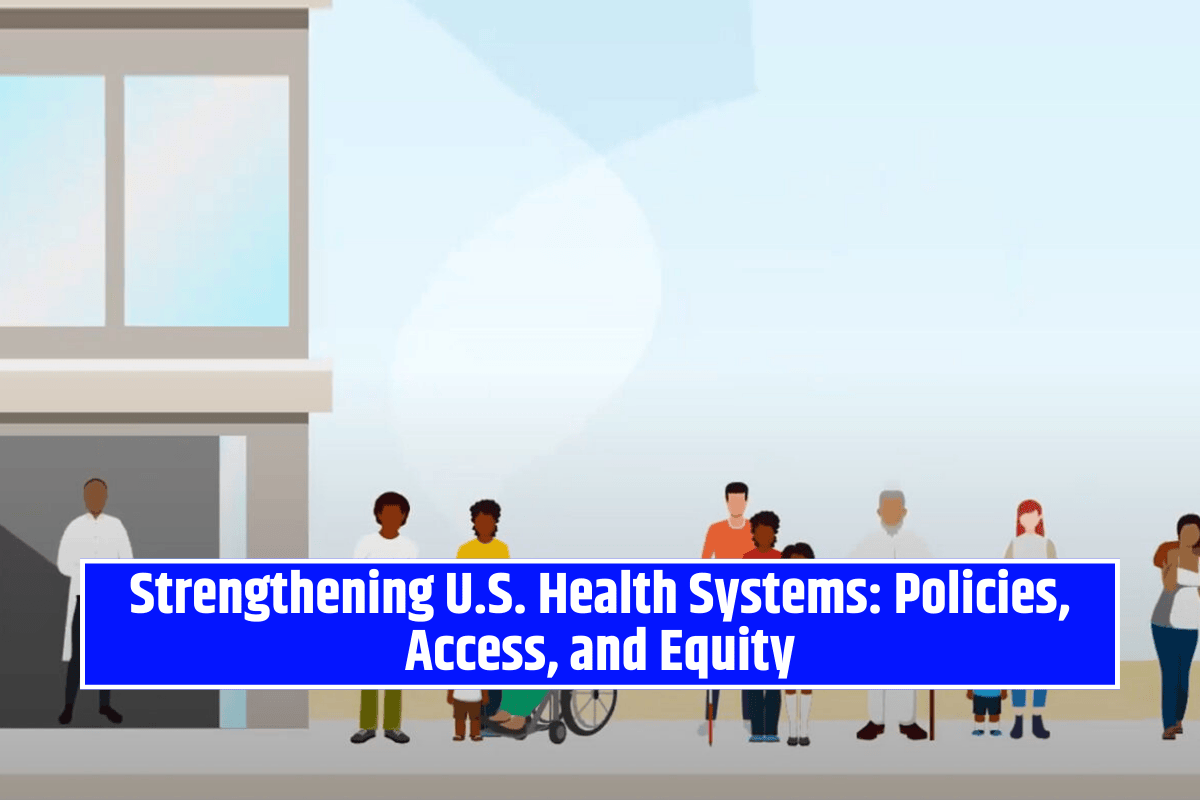In the fast-paced and often high-pressure world of healthcare, effective communication is not just a soft skill—it’s a lifesaving tool. From patient consultations in New York to team coordination in Chicago and telemedicine in Los Angeles, communication shapes every step of the healthcare journey.
When done right, it builds trust, improves outcomes, and creates a more compassionate and efficient healthcare environment.
Why Communication Is Essential in Healthcare
In healthcare, clear communication goes beyond just giving instructions. It involves:
- Building trust with patients
- Explaining complex medical terms in simple language
- Listening to concerns without judgment
- Collaborating across multiple healthcare professionals
For example, a doctor in Boston must not only diagnose an illness but also make sure the patient understands the treatment options, possible risks, and next steps. When communication breaks down, it can lead to:
- Misdiagnosis or medication errors
- Unnecessary tests or treatments
- Patient anxiety and dissatisfaction
But when communication is done well, patients feel safer, more informed, and more involved in their care.
Patient-Provider Relationships: The Foundation of Trust
In cities like Houston and San Francisco, where hospitals serve people from many cultures and backgrounds, healthcare providers must go the extra mile to:
- Listen with empathy
- Show cultural sensitivity
- Respect language barriers and individual preferences
A strong patient-provider relationship leads to better health outcomes. Patients are more likely to:
- Share accurate information
- Follow treatment plans
- Return for follow-ups
This kind of communication not only supports healing but also helps providers catch early signs of health issues.
Teamwork and Communication in Multidisciplinary Healthcare
Modern hospitals depend on teamwork. From Miami to Seattle, patient care often involves doctors, nurses, technicians, pharmacists, and more. For example:
- A surgery in Cleveland requires smooth handoffs between the surgical team, anesthesiologist, and post-op care nurses.
- Missed or misunderstood information can lead to delays or complications.
To avoid this, healthcare systems rely on:
- Electronic health records (EHRs) for shared access to patient data
- Team briefings and debriefings
- Structured handoff tools like SBAR (Situation, Background, Assessment, Recommendation)
These tools improve clarity, reduce mistakes, and ensure every team member is on the same page.
Technology: A Double-Edged Sword in Communication
Technology has made communication faster and more efficient. Examples include:
- Telemedicine in cities like Denver and Atlanta, where patients can consult doctors from home
- Secure messaging apps for nurses and doctors to exchange updates quickly
However, challenges also exist:
- Too much reliance on screens can feel impersonal
- Text messages may lack emotional tone or context
- Patients may feel disconnected or misunderstood
The key is balancing digital tools with human touch, so technology supports—not replaces—compassionate care.
Training Healthcare Workers in Communication Skills
Good communication isn’t automatic—it’s a skill that needs to be taught. Leading hospitals and medical schools in Philadelphia, Minneapolis, and elsewhere now include:
- Workshops on active listening and empathy
- Role-playing to practice difficult conversations
- Feedback sessions to improve tone and clarity
Even experienced professionals benefit from ongoing training, especially in handling:
- Sensitive topics like end-of-life care
- Patients from different cultures or backgrounds
- Non-verbal communication cues
Better Communication = Better Health Outcomes
Research shows that patients who feel heard and understood:
- Are more likely to take medicines correctly
- Manage chronic conditions like diabetes better
- Feel more satisfied with their care
Hospitals in San Diego and Portland report higher patient satisfaction when staff are trained in empathy and clear communication. It also helps reduce:
- Medical errors
- Legal claims
- Burnout among healthcare workers
Creating a Culture of Open Communication
In cities like Detroit and Phoenix, healthcare leaders are working to make communication a key part of hospital culture. This includes:
- Policies that support respectful interaction
- Peer support and mentoring programs
- Open forums where staff can share ideas and concerns
A culture that values communication leads to:
- Stronger teamwork
- Safer patient care
- Happier, more engaged healthcare workers
Communication in healthcare is more than just words—it’s a powerful connection that can heal, inform, and transform. Across the United States, hospitals that focus on clear, empathetic, and respectful communication see better outcomes for both patients and providers.
In a world where healthcare is becoming more complex and diverse, the human touch of communication remains one of the most vital tools we have. By investing in strong communication skills and building a culture of openness, we move closer to a healthcare system that truly cares—for everyone.
FAQs
Why is communication important in healthcare?
Communication is vital in healthcare because it ensures patients understand their diagnoses, treatments, and follow-up care. It also improves teamwork among healthcare providers and reduces the risk of medical errors.
How does effective communication improve patient outcomes?
Effective communication leads to better understanding, trust, and cooperation between patients and providers. This improves adherence to treatment plans, reduces anxiety, and results in higher patient satisfaction and safety.
What are common communication challenges in U.S. healthcare?
Challenges include language barriers, cultural differences, use of complex medical jargon, and overreliance on digital tools, which can reduce personal connection and lead to misunderstandings.
How is communication taught in medical training in the U.S.?
Medical schools and hospitals use role-play, simulation, and real patient interactions to teach communication. These sessions focus on empathy, clarity, active listening, and culturally sensitive dialogue.
How does technology affect communication in healthcare?
Technology like telemedicine and secure messaging improves speed and access, but can also reduce personal connection. It’s important to balance digital tools with human interaction for best results.












